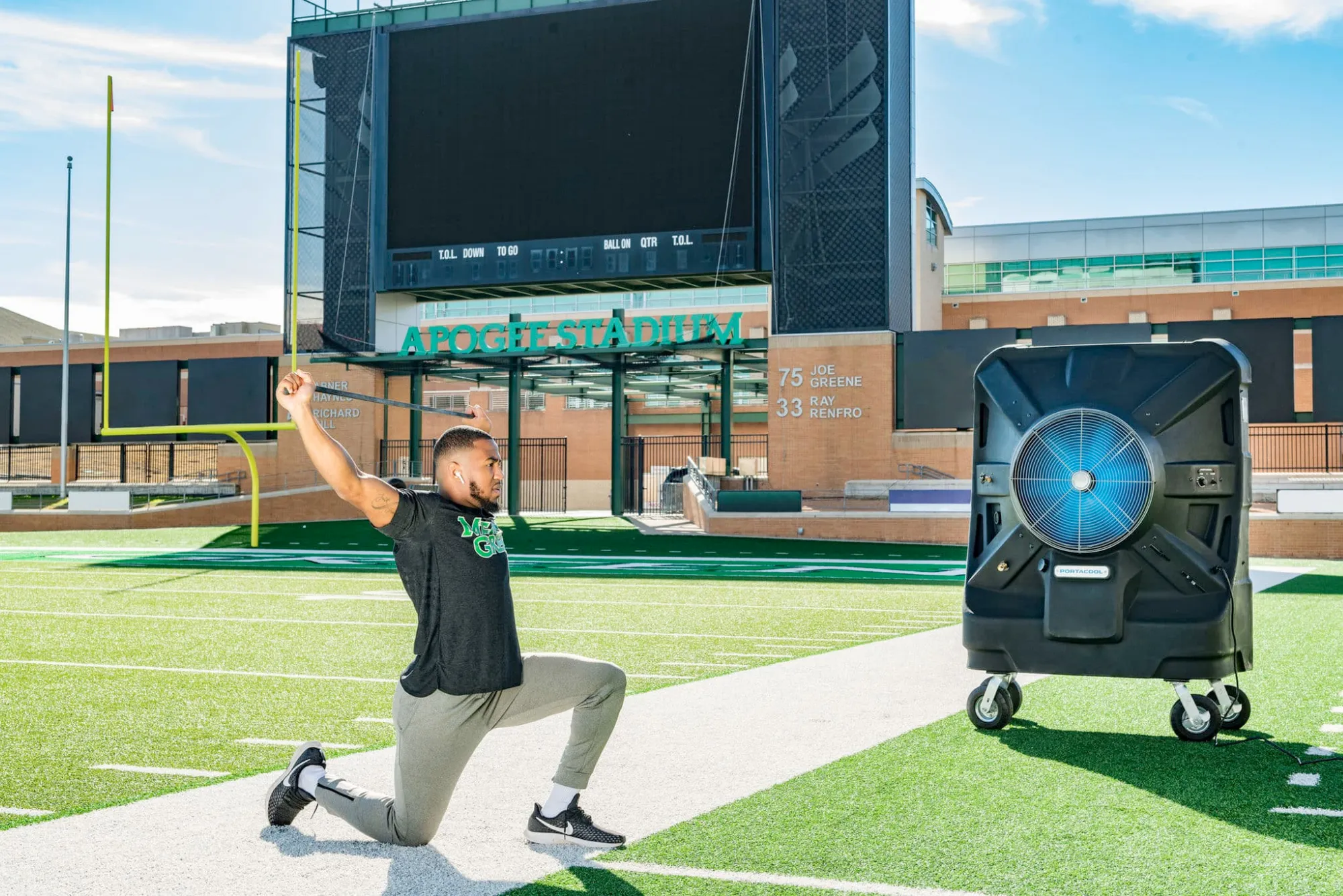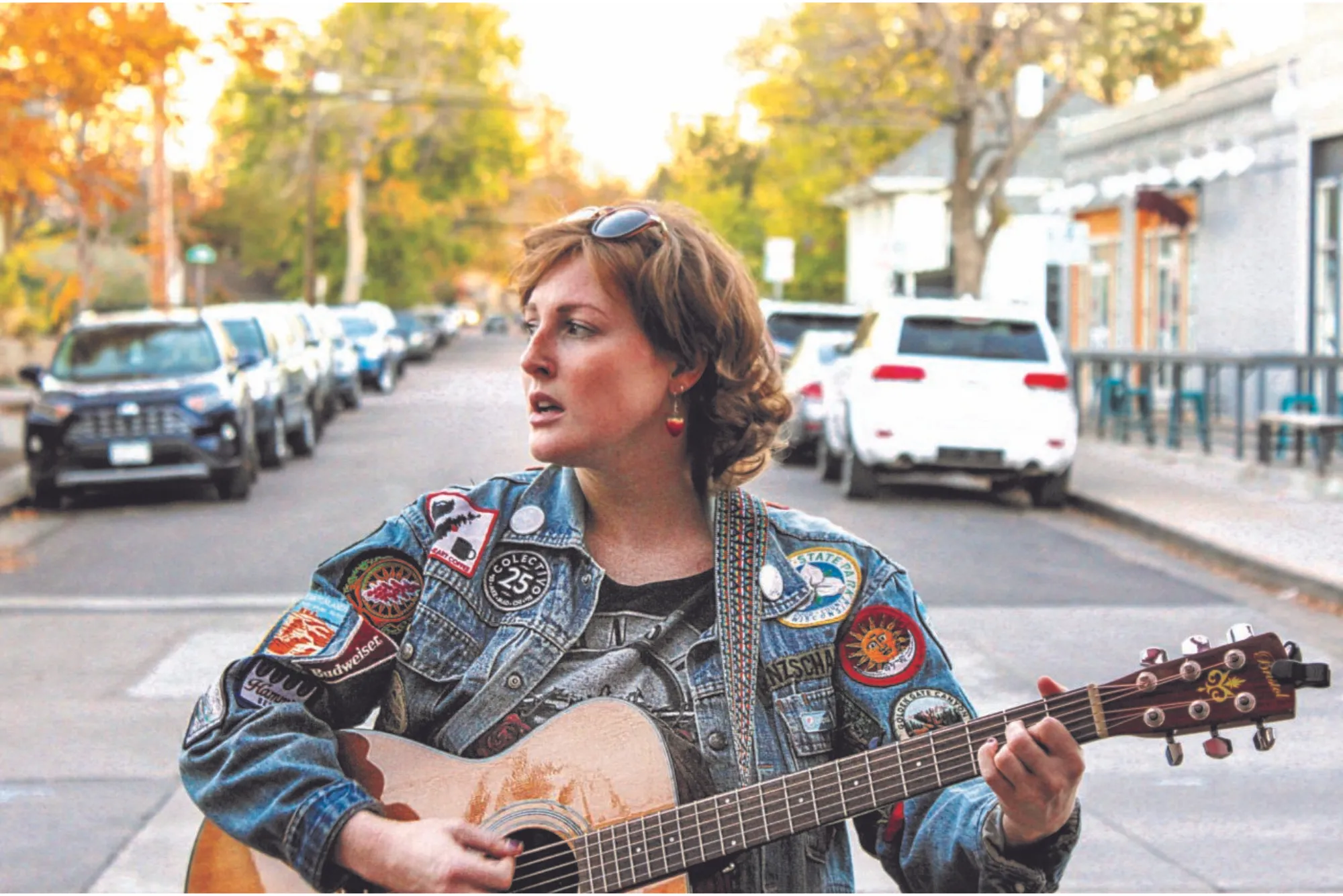Table of Contents
ToggleIs Street Performing Legal Understanding the Legal Landscape
Find out about the laws that govern street performance, such as free speech rights and licenses. Find out how to follow the rules and keep your artistic expression safe.
Is performing on the street legal? Street acting, also called “busking,” is an old practice where artists show off their skills in public places. But in the middle of artistic performance is a web of law issues that artists have to deal with.
In this in-depth guide, we look into the laws that govern street acting, explaining whether it is allowed and what the rights of artists are.
Do Street Performers Need A Permit
Whether street artists need a ticket depends on the rules of the area where they are playing. Some cities need licenses to control things like noise levels and crowds, but other cities might not.
It is very important for street artists to learn about the local laws and talk to the officials to find out if they need a pass. If they don’t, they could get fined or cited.
Getting licenses not only makes sure that rules are followed, but it also builds good ties in the community and improves the general performance experience.
Understanding Is Street Performing Legal?
- Legal Frameworks and Regulations
Legality of street performance changes a lot from place to place and jurisdiction to jurisdiction. Some towns accept busking as a normal part of life, while others have strict rules in place to keep things safe and in order.
- Rights of Street Performers
Even though there are many rules, street artists have certain rights that are guaranteed by the law. Knowing these rights gives artists the power to stand up for themselves and handle court issues well.
Factors Influencing Legality
- Location and Permit Requirements
Getting the right licenses and following the rules set by local authorities are often necessary to make street performance legal. Not following the rules for a permit can lead to fines or even legal trouble.
- Noise Ordinances and Public Nuisance Laws
A lot of cities and towns have noise rules and public disturbance laws that control street shows. Performers need to know these rules so they don’t get into problems with the police or locals.
Is Busking Illegal
Busking, also known as street acting, is a popular way for artists to express themselves in many places, but it may or may not be allowed based on the rules in that area. Busking Dance is usually okay in public places, but some towns may have rules about where, when, and how artists can show off their skills.
Buskers need to find out the specific rules and laws in the area they want to perform to make sure they follow them and stay out of trouble with the law. Buskers can keep showing off their skills to the public while following the rules set by the government if they know and follow the rules in their area.
Navigating Legal Challenges
- Dealing with Authorities
It’s important for street artists to stay cool and politely defend their rights if they get into a legal disagreement or a conflict with the police. When people communicate well and know the rules that apply, they can often come to an agreement without fighting.
- Seeking Legal Counsel
When things get complicated in court, getting help from a skilled lawyer who specializes in entertainment law can be very helpful.
How To Get A Street Performer Permit
People usually have to follow certain steps set out by their local government in order to get a street artist pass.
- Research Local Laws: To start, look into the laws in your city or town that say what kinds of street performances are allowed. You can usually find this kind of information on government websites or by calling the right offices, like parks and leisure or city boards.
- Get in touch with the Permitting Authority: Get in touch with the official organization that is in charge of giving out passes for street performers. For example, you could call the city clerk’s office, the parks and recreation department, or the person in charge of planning special events.
- Look over the permit requirements: Find out what you need to do to get a pass to act on the street. Some of these requirements could be showing ID, proof of insurance, an account of the performance, and information about where and when the performance should happen.
- Fill out the application: Get the permit application form you need and fill it out. Make sure that all the necessary information is given fully and correctly.
- Send in the Application: Send the permit authority the finished application form along with any other paperwork they ask for. In some places, people who want to apply may have to do so in person, while in others, they may be able to do so online or by mail.
- Charge Any Fees: Get ready to pay any permit fees that apply. These fees may change based on things like how long the ticket is good for and how big the performance place is.
- Wait for Approval: Once the application is turned in, you have to wait for the permit authority to look it over and give the go-ahead. Because this process could take a while, it’s best to apply a long time before the show.
- Get the Permit: The permit authority will give the street artist permit once it has been approved. If the pass comes with any terms or limits, make sure you read them and follow them.
- Show off the permit: As needed by local laws, show the pass in a visible place during events. This helps show that you are following the law and makes it easier to talk to the police or other people in the public.
Ensuring a Positive Experience
- Building Community Relationships
Building good connections with local companies, residents, and towns can make street acting more enjoyable and help people respect and support each other.
- Embracing Cultural Diversity
Diversity and openness are important in street performance because it gives artists from all walks of life a chance to show off their skills and connect with crowds.
Types Of Busking
Busking is a type of street entertainment that includes a lot of different kinds of art and skills.
Music:
- People who play instruments or sing in public places are called “music buskers.” Classical, jazz, folk, rock, or pop music are just some of the styles that musicians can play. Guitars, violins, pianos, and percussion instruments are some of the most popular items used for music busking.
Singing:
- Buskers who sing fascinate people with their singing skills, whether they’re acting alone or with a group. Singers can sing by themselves or play instruments like guitars or keyboards to support themselves. A lot of the time, they cover famous songs or play their own creative music.
Street Theatre:
- Busking as street theater combines drama, comedy, and physical acting to keep people entertained outside. Short plays, puppet acts, improvised sketches, and participatory shows that get people involved are just a few of the things that performers can do.
Juggling and Circus Arts:
- Buskers who do juggling show off their hand-eye balance and agility by handling balls, clubs, rings, and even fire lights. Circus arts buskers may do amazing balance tricks, gymnastics, or tricks with objects that keep people entertained with their impressive skills and risky stunts.
Magic and Illusion:
- The mind-bending tricks, sleight of hand, and feats of magic that magicians and illusionists do live on the street are what keep people watching. These buskers often talk to people who are watching and invite them to take part in tricks that don’t make sense and amaze the crowd.
Living Statues:
- Living statue buskers use makeup, outfits, and tools to turn themselves into human figures. They stay still for long amounts of time to make it look like they are not moving. People walking by are often interested in these live works of art and may leave gifts to show their respect for the artists’ skill and imagination.
Visual Arts:
- Visual artists use painting, drawing, sculpture, and other arts to show off their skills, making art in real time while people watch. These street artists may set up easels, paper, and art materials on walkways or in public places, allowing people to watch them work and talk to the artist.
Performance Art:
- Performance artists on the street blur the lines between different types of art by mixing visual art, music, theater, and dance to make experiences that are both engaging and thought-provoking. Through their acts, these buskers often talk about identity, politics, or social issues, which starts conversations and keeps people interested on a deeper level.
Montana Busking Laws
There are no state-wide rules in Montana about busking, so it depends on the city or town whether or not it is allowed to act on the street. Buskers should look into the laws and rules that apply to street acts in the area they want to perform to make sure they follow them.
There may be rules about how loud you can be, how to control crowds, and how to use sound equipment in many places in Montana where busking is allowed in public places like parks and streets.
People who want to be buskers should talk to city officials or read the local codes to find out if they need a pass and what the rules are. Buskers can share their skills with the public while following the rules in their area and following the laws in Montana that guide public shows.
Best Practices for Street Performers
- Researching Local Laws
Street artists should do a lot of study on the local laws and rules about public shows before they set up their stage. This means knowing about things like noise limits, permit requirements, marked performance areas, and any other rules that the local government may have put out.
- Engaging with the Community
Building good relationships with people in the community can help street artists get support and kindness, which makes it less likely that they will face problems or concerns. Respectful conversation and teamwork with local people, company owners, and government leaders builds a feeling of mutual respect and understanding.
- Maintaining Professionalism
People who act on the street should be skilled and aware of their surroundings. For example, they have to follow noise laws, keep performance places clean, and think about how their actions affect the surroundings nearby. Street artists can improve their image and trustworthiness in the community by acting like professionals.
Is Busking Legal In California
In California, busking is usually okay, but rules may be different from city to city. Even though state law doesn’t specifically ban street shows, noise levels and licenses may be limited by local laws. Street artists should look into the rules in their area to make sure they follow them and that they and their viewers have a good time.
FAQs About Street Performing
Can You Play Music On The Street?
Yes, playing music on the street, also known as street performing or Busking License is allowed in many places, but it’s essential to comply with local regulations and obtain any necessary permits.
Is Busking Allowed?
Yes, busking, which is the practice of playing music, magic, or other performances in public places in exchange for voluntary payments from passersby, is widely permitted in many cities worldwide. However, restrictions and permission requirements may differ by area.
What Is A Street Performer Called?
A street entertainer is generally known as a busker. These people demonstrate their skills in public spaces including streets, parks, and squares, typically entertaining audiences with music, juggling, magic tricks, and other acts.
Need Legal Documents For Street Performing?
Certainly! If you need legal paperwork relating to street performance, like as permits, contracts, or waivers, I can help you prepare or get them.
What Types Of Performances Are Allowed On The Street?
The sorts of performances permitted vary according on geography and local laws. Street performances often feature music, dancing, magic shows, mime acts, and more.
Are There Age Restrictions For Street Performers?
Age limits may apply in certain regions, notably for unaccompanied kids. Young performers should be supervised by their parents and be informed of any age limits that may apply.
How Can Street Performers Handle Disputes With Business Owners Or Residents?
Open communication and mutual respect are essential for settling problems with company owners or citizens. Street performers should try to resolve problems gently and reach agreements that benefit all parties involved.
What Should Street Performers Do If Confronted By Law Enforcement?
If confronted by law enforcement, street performers should remain calm, assert their rights politely, and comply with lawful requests. It’s essential to avoid escalating the situation and seek legal assistance if necessary.












